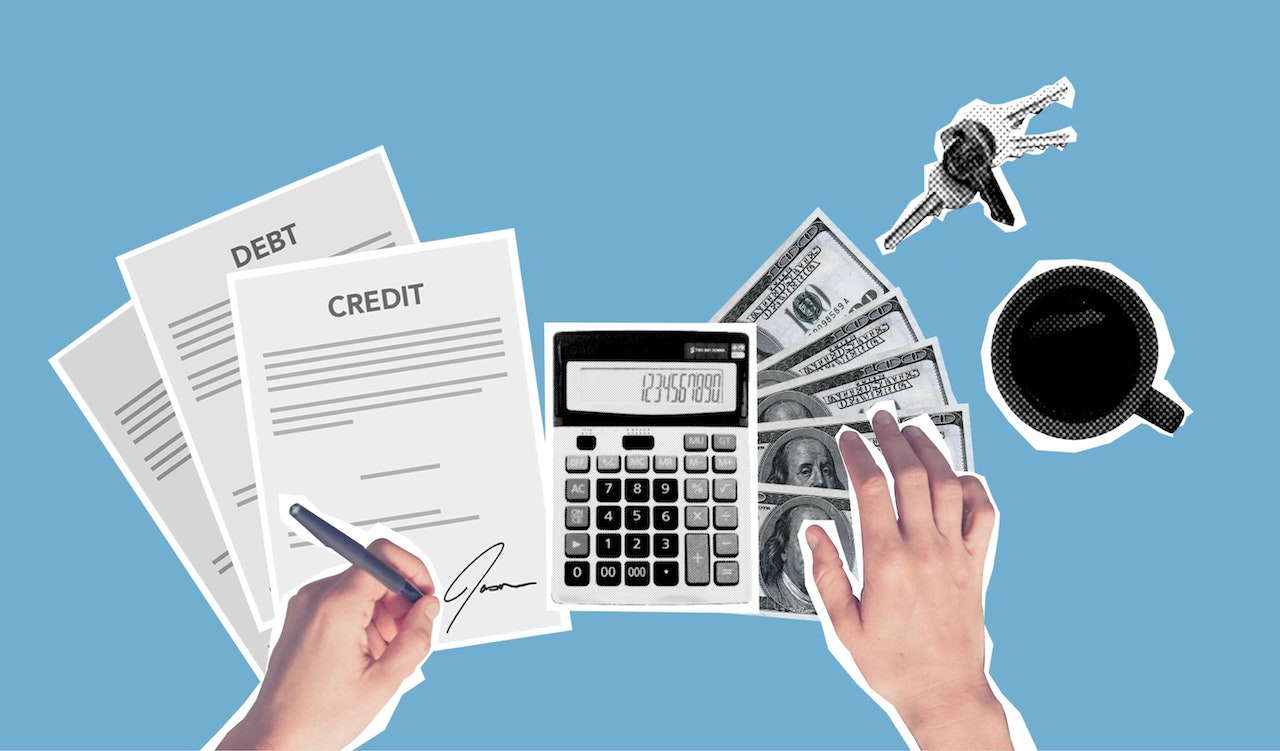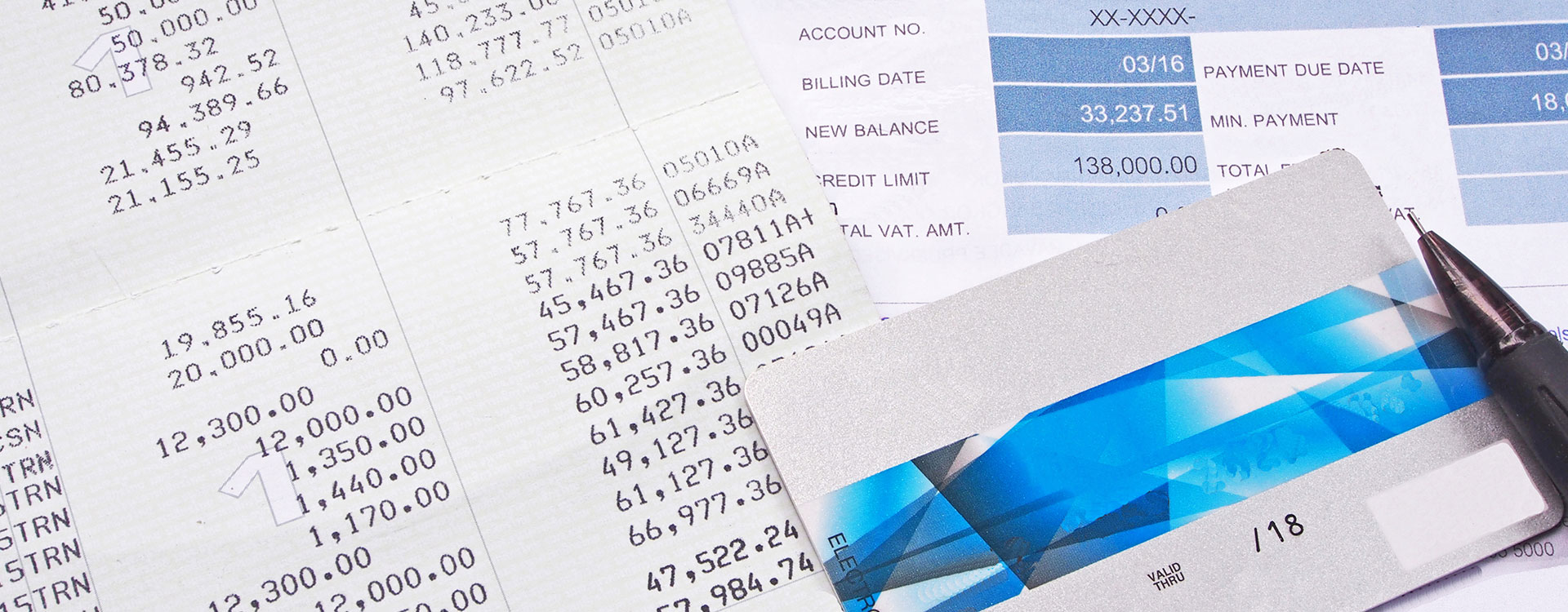When you are in debt, it can feel like you are drowning.
The bills keep coming, and it seems like there is no way out.
If this sounds familiar, you may be considering debt consolidation. But what is debt consolidation? Is it the right choice for you?
Below, we will discuss what debt consolidation is, and help you decide if it is the right choice for your financial situation.
What Is Debt Consolidation?
Debt consolidation is the process of taking out a new loan to pay off multiple debts.
This can be an effective way to reduce your monthly payments and simplify your financial life. It can also help you save money on interest charges over time.
You can consolidate all of your debts into one new loan by making one larger monthly payment instead of paying several smaller payments each month. When you do this, you'll have a smaller payment due each month and will likely save money on interest charges over time.
There are several different ways to consolidate debt, including taking out a personal loan, using a balance transfer credit card, or working with a debt settlement company.
Each option has its own pros and cons, so it's important to compare your options before you decide on a debt consolidation strategy.
Is Debt Consolidation Right For Me?
The decision to consolidate debt is a personal one. There is no one-size-fits-all answer to this question.
In general, debt consolidation may be a good choice for you if:
- Your debt is manageable, but you want to reduce your monthly payments
- You have multiple debts with different interest rates, and you want to save money on interest charges
- You are struggling to keep with minimum monthly payments
- You want to simplify your financial life by consolidating multiple debts into one payment
If you're thinking about debt consolidation, it's important to understand how this process works and whether it's right for you.
Debt consolidation is a way to combine all of your existing debts into one loan—one that's typically more affordable than the individual debts that were consolidated.
The benefits of debt consolidation include:
- A lower interest rate on your new loan, which can save you money in the long term.
- Having just one monthly payment to make instead of multiple payments every month.
- An opportunity to take advantage of tax deductions when paying off your debt through a personal loan.
If you are struggling to make ends meet or if your debt is out of control, debt consolidation may not be the right choice for you.
In these cases, it may be more effective to work with a credit counseling service or seek professional financial advice.
How To Consolidate Debt
Debt consolidation is the act of combining your debts into one loan, which you then pay off.
When you consolidate debt, you'll be able to make a single monthly payment instead of making several payments to multiple lenders.
The process can help improve your credit score, which will help you qualify for lower interest rates when applying for future loans. But before you consolidate your debt, it's important to understand what it entails and whether or not it's right for you.
If you decide that debt consolidation is the right choice for you, there are several different ways to consolidate your debt. As we mentioned earlier, you can take out a personal loan, use a balance transfer credit card, or work with a debt settlement company.
Taking out a personal loan is one of the most common ways to consolidate debt. When you take out a personal loan, your lender will pay off your debts. You will then be responsible for making monthly payments on your personal loan.
If you have good credit, you may be able to qualify for a 0% interest balance transfer credit card. This can be an effective way to consolidate debt because you can use the credit card to pay off your debts, and then you will only be responsible for making one monthly payment on the credit card.
If you are struggling to make payments on your debts, you may want to consider working with a debt settlement company like Americor.
Debt settlement companies negotiate with your creditors to try to get them to agree to a lower payoff amount. If they are successful, you will then be responsible for paying off the reduced amount.
The Bottom Line About Debt Consolidation
Debt consolidation can be an effective way to reduce your monthly payments and simplify your financial life.
However, it's important to compare your options and make sure that debt consolidation is right for your individual circumstances.
Debt consolidation is also a good option if you want to pay off your debts and reduce your monthly payments.
It can also help you achieve financial goals and improve your credit score. But it's not right for everyone, so make sure to consider all the pros and cons before choosing debt consolidation as your go-to strategy.
How Credit9 Can Help You
At Credit9, we offer loan options that could provide you with the financial solution that works best for you.
Since 2018, Credit9 has provided over $460 Million in loans to over 36,000 of our customers, and we’re confident we can help you too.
For more information about Credit9’s unique debt consolidation services, contact us today to see how we can help you consolidate your debts and receive a free, no-obligation, and fully-customized Credit9 loan solution!



